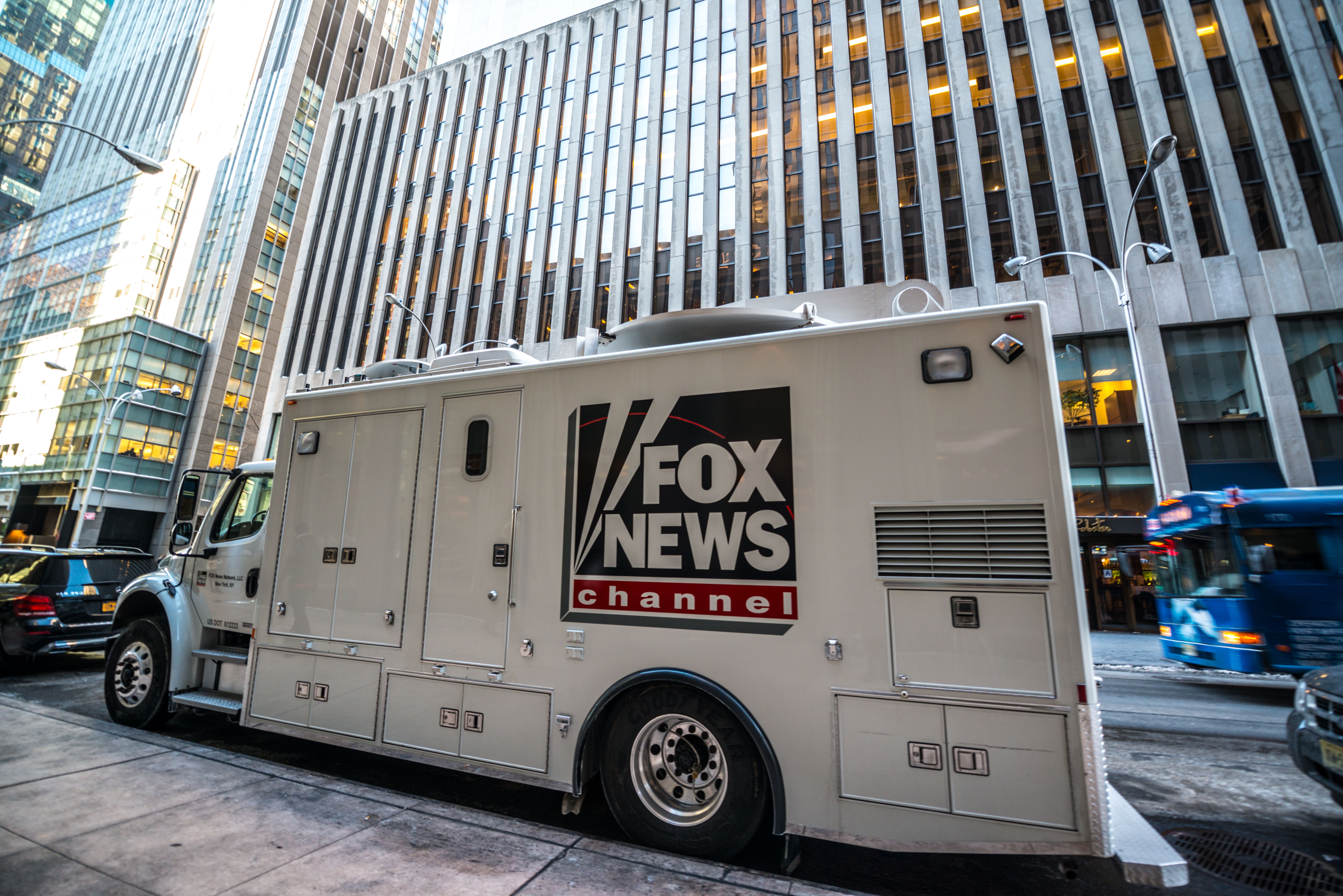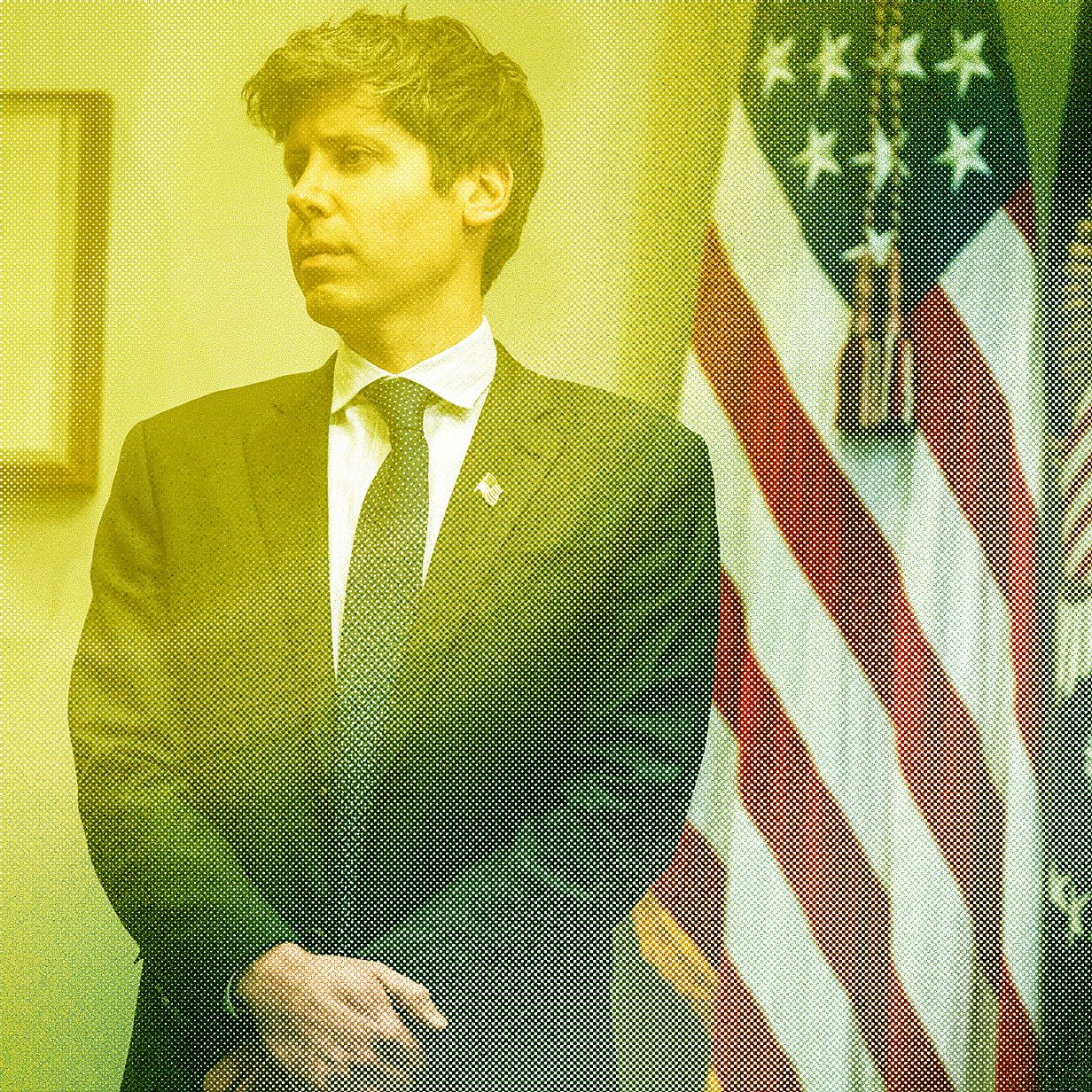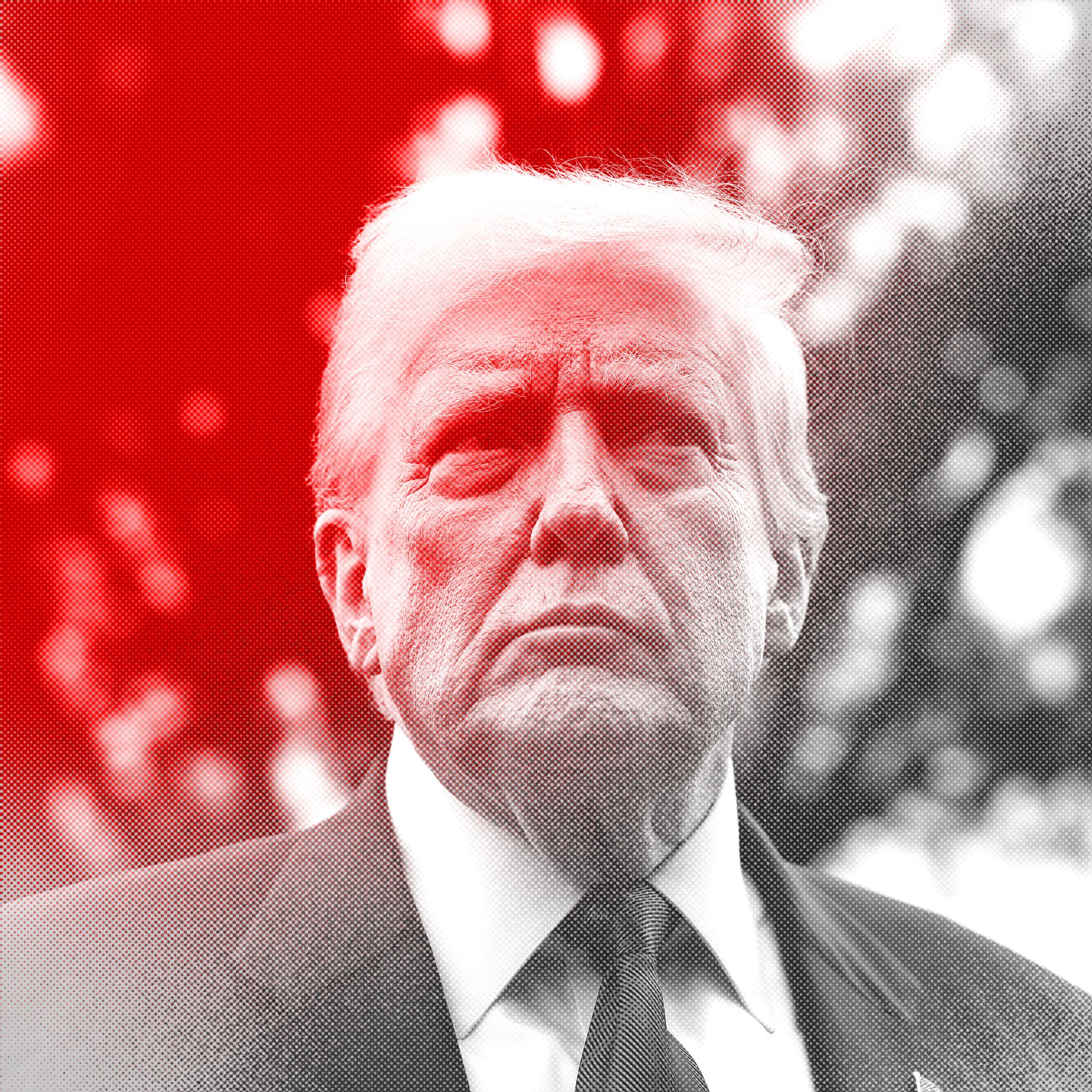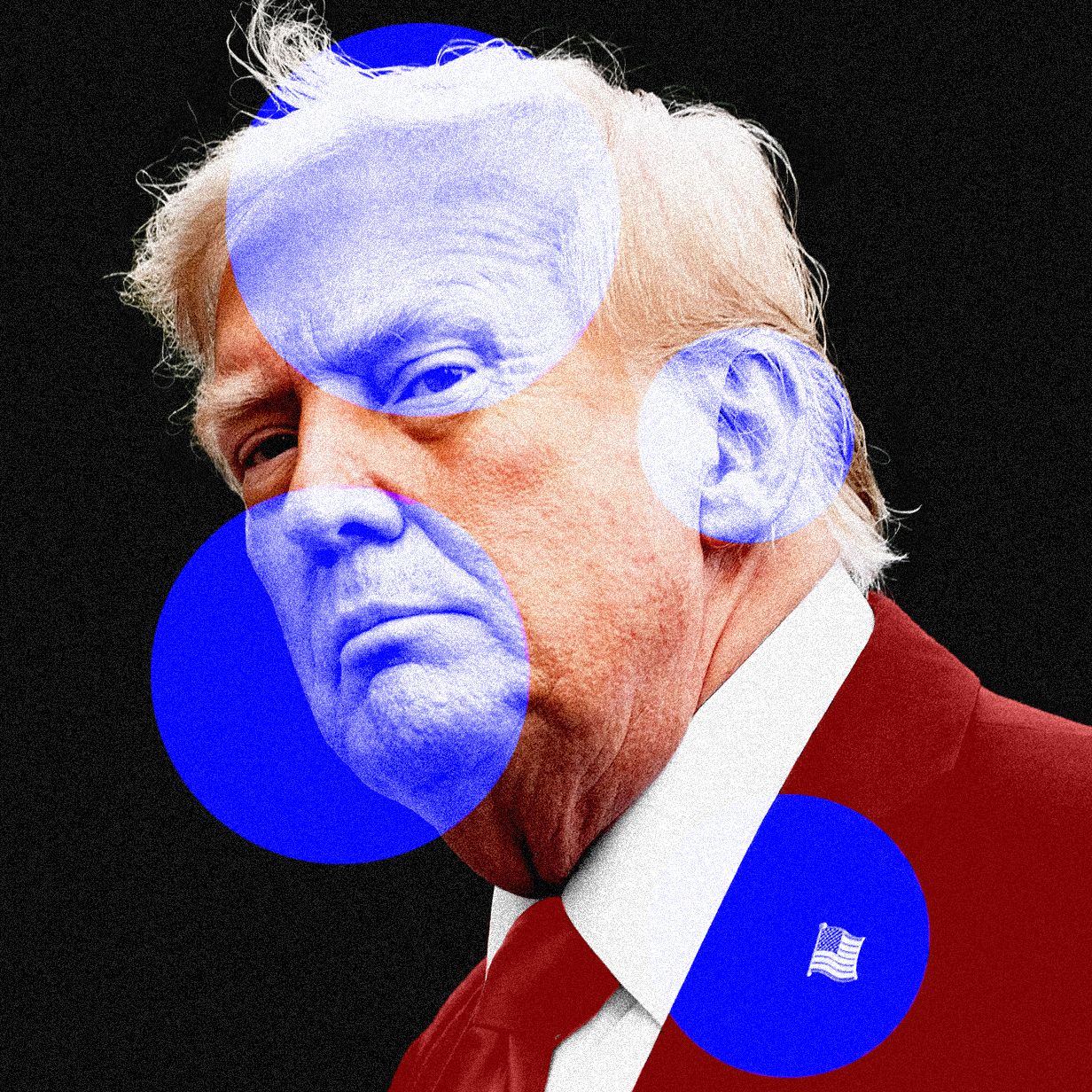Donald Trump Orders Crackdown on Politically Motivated ‘Debanking’
Donald Trump Orders Crackdown on Politically Motivated ‘Debanking’
In a recent executive order, President Donald Trump has ordered a crackdown on what he calls politically motivated...
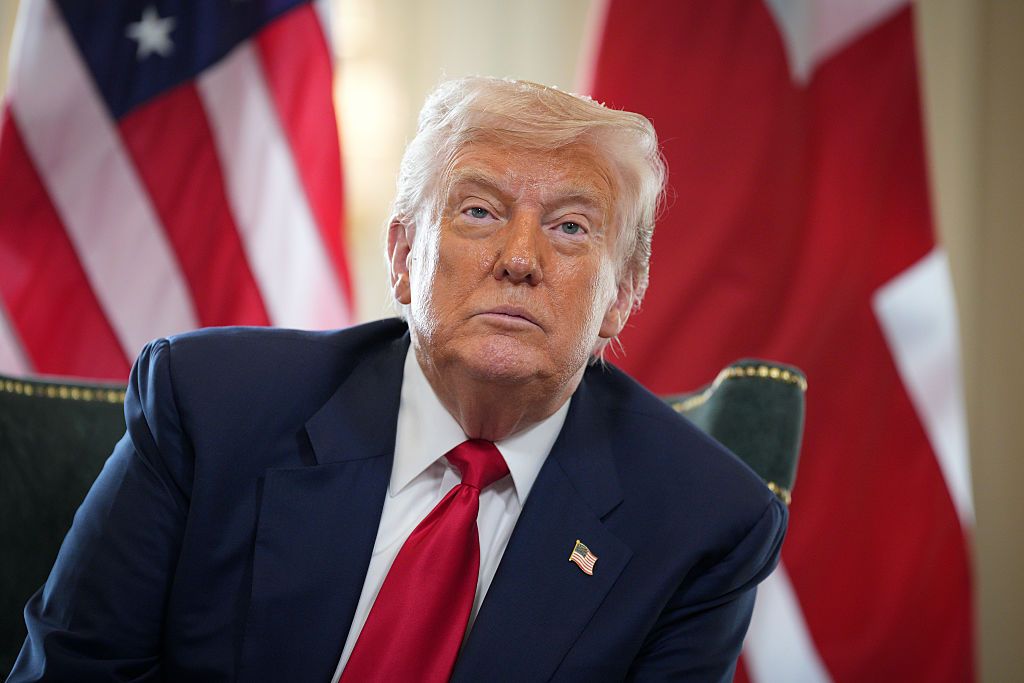
Donald Trump Orders Crackdown on Politically Motivated ‘Debanking’
In a recent executive order, President Donald Trump has ordered a crackdown on what he calls politically motivated ‘debanking.’ This refers to the practice of banks and financial institutions denying services to individuals or businesses based on their political beliefs or affiliations.
Trump has expressed concern over reports of conservative and pro-Trump individuals being targeted by banks and payment processors, leading to financial discrimination. The executive order aims to prevent such discrimination and ensure that all Americans have equal access to financial services.
The order directs federal agencies to take action against institutions that engage in politically motivated debanking, including potentially revoking their licenses or imposing other penalties. Trump has emphasized the importance of protecting free speech and preventing censorship in the financial sector.
Critics of the order argue that it could infringe on the rights of private businesses to make their own decisions about who they do business with. However, supporters maintain that financial discrimination based on political beliefs is a serious threat to freedom of speech and must be addressed.
As the debate over ‘debanking’ continues, the Trump administration’s crackdown is likely to spark further controversy and pushback from both financial institutions and advocacy groups. It remains to be seen how effective the executive order will be in addressing the issue and protecting the rights of Americans from political discrimination.
Overall, the crackdown on politically motivated debanking is a significant development in the ongoing battle over free speech and political censorship in the United States. The outcome of this executive order could have far-reaching implications for how financial institutions conduct business and the rights of individuals to express their opinions without fear of financial repercussions.
